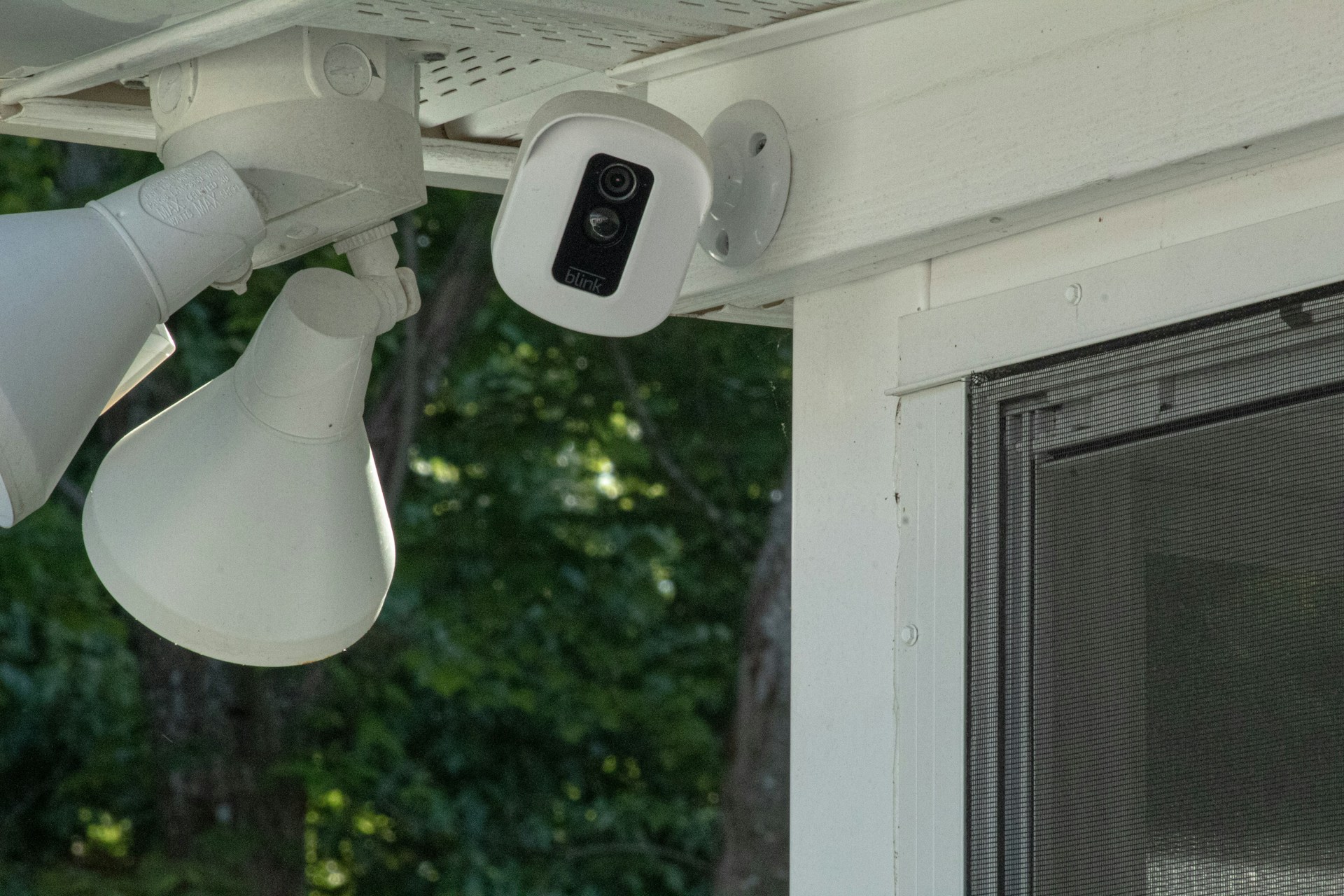Can My Landlord Install Security Cameras?
Balancing Protection and Privacy

As a tenant, security is important, but so is privacy. You might wonder if your landlord can install security cameras, and where the line is drawn. Here's a breakdown to clarify your rights and your landlord's.
Why Landlords Install Security Cameras
Landlords have a dual purpose for installing security cameras: protecting their investment and ensuring the safety of their tenants. A well-placed camera system can deter vandalism or theft, reducing repair costs and keeping the property in good condition. Security cameras can also provide a psychological deterrent against criminal activity, creating a safer environment for tenants and their belongings.
The Balancing Act: Security vs. Privacy
Tenants deserve to feel safe in their homes, but constant surveillance can be unsettling. Luckily, there are legal guidelines to navigate this balance. Understanding these guidelines can help you determine if your landlord's security camera practices are legitimate.
Security Cameras and Public Areas:
- Landlord's Right: Landlords can generally install video-only security cameras in public areas of the property without informing tenants beforehand. Examples include hallways, entrances, laundry rooms, and garbage disposal areas.
- Rationale: These areas are considered common spaces where there's a lower expectation of privacy. Security cameras in these areas can deter crime and provide valuable evidence in case of an incident.
- Tenant's Expectation: These cameras should be visible and not infringe upon your reasonable expectation of privacy. For example, a camera pointed directly at the entrance of your unit from a public hallway might be considered intrusive.
Audio Recordings and Tenant Consent:
- Stricter Regulations: Audio recording is a different story. Laws typically require consent from both parties for audio surveillance. Landlords cannot install security cameras with audio recording capabilities in public areas without informing tenants and obtaining their consent.
Where Cameras Are Allowed:
- Public Areas - Hallways, entrances, laundry rooms, and garbage disposal areas are fair game for video surveillance, as long as the cameras are positioned appropriately.
Where Cameras Are Not Allowed:
- Private Spaces - Landlords cannot install cameras inside your rental unit, bathrooms, changing rooms, or any areas where you have a reasonable expectation of privacy. These are your living quarters, and you deserve to feel secure without the worry of being monitored.
Importance of Communication:
While some situations might not require informing tenants in advance, it's generally a good practice for landlords to communicate openly about security camera installation. This fosters trust, avoids potential legal issues, and allows tenants to understand the scope of the surveillance system.
Understanding Your Rights:
Research Local Laws
Landlord-tenant laws and regulations regarding security cameras can vary by state and municipality. Familiarize yourself with the specific laws in your area. Many states have resources available online or through tenant advocacy groups.
Seek Clarification
If you have any concerns about the location or functionality of security cameras on your property, don't hesitate to reach out to your landlord for clarification. Open communication can help resolve any misunderstandings and ensure everyone feels safe and respected.
Security cameras offer benefits for both landlords and tenants, but it's crucial to maintain a balance between security and privacy. By understanding the legal landscape and fostering open communication, both parties can create a safe and secure living environment. Knowing your rights and understanding your landlord's motivations can lead to a more harmonious tenancy.
Note: This content is not intended to substitute, replace, or be construed as professional legal advice. It is for referential purposes only.It isnot meant to replace the advice of your legal counsel, legal representation, and or lawyer. Consult your legal representation to ensure your security cameras are compliant with landlord-tenant laws.
Created on: 04/25/24
Author: CreditLink Secure Blog Team
Tags: community spaces, public area , privacy , landlord tenant rights , security camera , cameras , tenant rights,